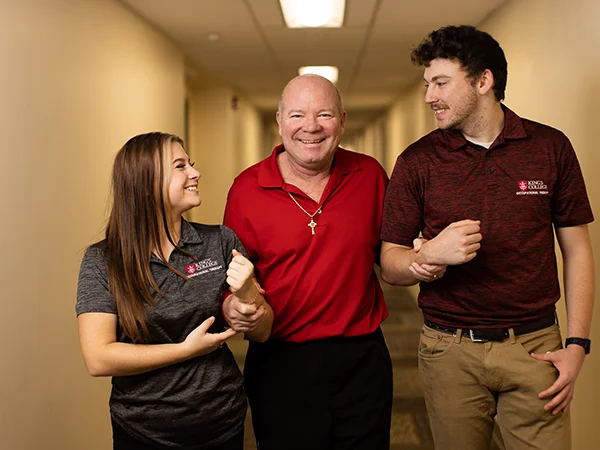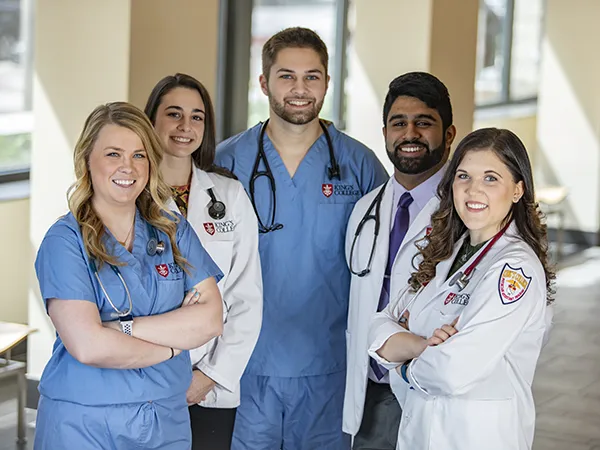Doctor of Occupational Therapy Degree
King's offers three distinct programs based on your goals, whether you are an undergraduate student committed to a future in occupational therapy, a college graduate working towards a more rewarding healthcare career, or a licensed occupational therapist seeking advancement with a doctoral degree.


